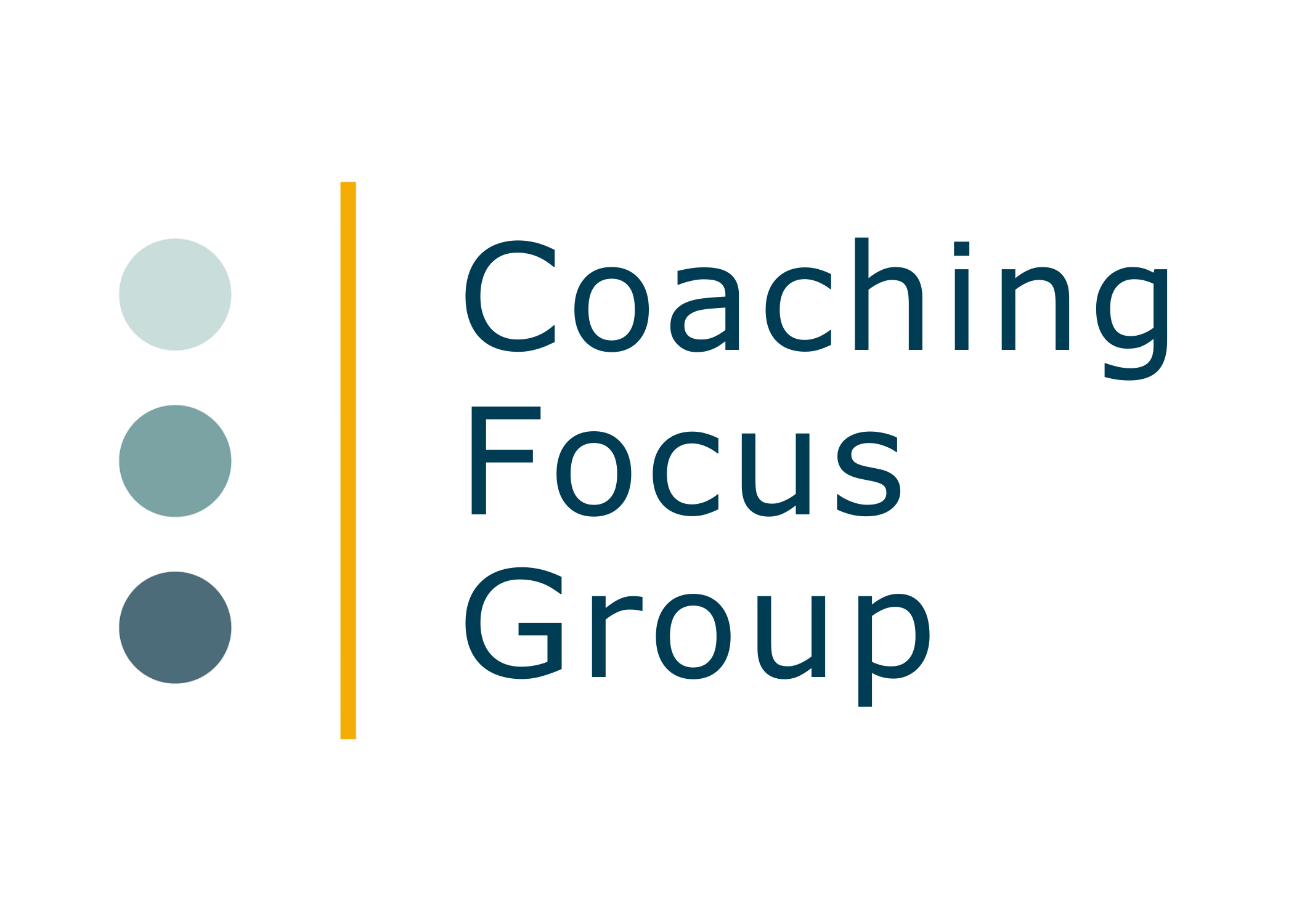By Coaching | Sep 27, 2021
We all want value for money. If you are investing in a business coaching course for your organisation, you will want to make sure that the measurable benefits of your investment exceed the costs, preferably by some margin. By clearly showing that any business coaching course you are investing in represents value for money, you will demonstrate sound business judgment, a clear focus on measurable results and a professional approach to training investment decisions.
However, measuring the return on investment of a business coaching course is often easier said than done. The benefits accrued by participants on coaching training programmes are many and various and by their nature are often qualitative and so less easy to measure. Participants will develop their skills in effective listening, raising awareness and helping others become more responsible. This in turn allows for deeper and more collaborative relationships in the workplace and helps increase trust and mutual respect between colleagues. No-one would dispute the power and extraordinary value of these behaviours in the workplace though measuring them in a quantitative way as a direct result of a particular business coaching course needs careful consideration.
At Coaching Focus we are very aware of the need to measure the impact and value of all the business coaching courses we deliver for our clients. Every client is different, and every training programme is unique in the way it is best evaluated. There is no one size fits all approach to gauging investments in people development. Our first rule of training evaluation at Coaching Focus is that it must be bespoke to the client situation and co-created with them to ensure it is absolutely fit for purpose.
When we work with our clients to develop a bespoke evaluation process for their business training courses, we might consider tailoring some or all the following evaluation processes:
1) A standard ROI (Return on Investment) training calculator tailored to the client’s needs and situation and is a basic qualitative calculation of cost per head of the training versus improvement in identified metrics such as increase in call volumes, sales returns, improved customer satisfaction metrics, observable assessments from colleagues/line managers of beneficial behavioural change which are collected and formulated into a weekly/monthly training effectiveness report.
2) An Impact Report/s which measure the impact of the training programme on identified desired behavioural change by reviewing specific parts of the business and/or how clients/customers/suppliers perceive beneficial changes.
3) Use a standard Kirkpatrick Evaluation model approach but modified to match the desired outcomes from the training involving close collaboration with the client.
4) Use a client co-created Phillips ROI Methodology (basically an additional fifth step to the Kirkpatrick 4 Levels). The Phillips approach involves taking a number of appropriate pre-training measurements which allow a more accurate assessment of impact. This highlights the importance of being clear about what a business coaching course or training programme is intended to achieve and how that will be measured.
5) Use a training effectiveness measurement questionnaire. There is proprietary questionnaires available but again at Coaching Focus we like to work with our clients to co-create appropriate training effectiveness questionnaires as part of our training and evaluation service if this type if evaluation process is of practical value.
6) An effective and impactful business coaching course or training programme will have considerable qualitative benefits as already mentioned. Any effective evaluation process will consider what benefits these might be for the client and how they might be observed. For instance, apart from hard measures such as sales results, a line manager might look out for specific improvements in communication, relationship management, innovation, engagement and ‘going the extra mile’ in colleagues who had attended the course or programme. The more these behaviours show up in a team, the more time the manager must manage effectively, time being a key resource which can be measured.
7) Staff retention figures and employee satisfaction surveys can give a good organisational indicator of culture change in the organisation when appropriate indicators are measured year on year.
Evaluation of business coaching courses and training programmes is essential to ensure best value and return on the organisation’s investment. It doesn’t have to be expensive or complicated, but it does have to be fit for purpose and measure the right things for each client – some of which will be less tangible than others. In our experience at Coaching Focus, the most effective approach is a well-balanced evaluation protocol that will include both quantitative and qualitative aspects and which we co-create uniquely with every client to meet their own unique training requirements and outcomes.
